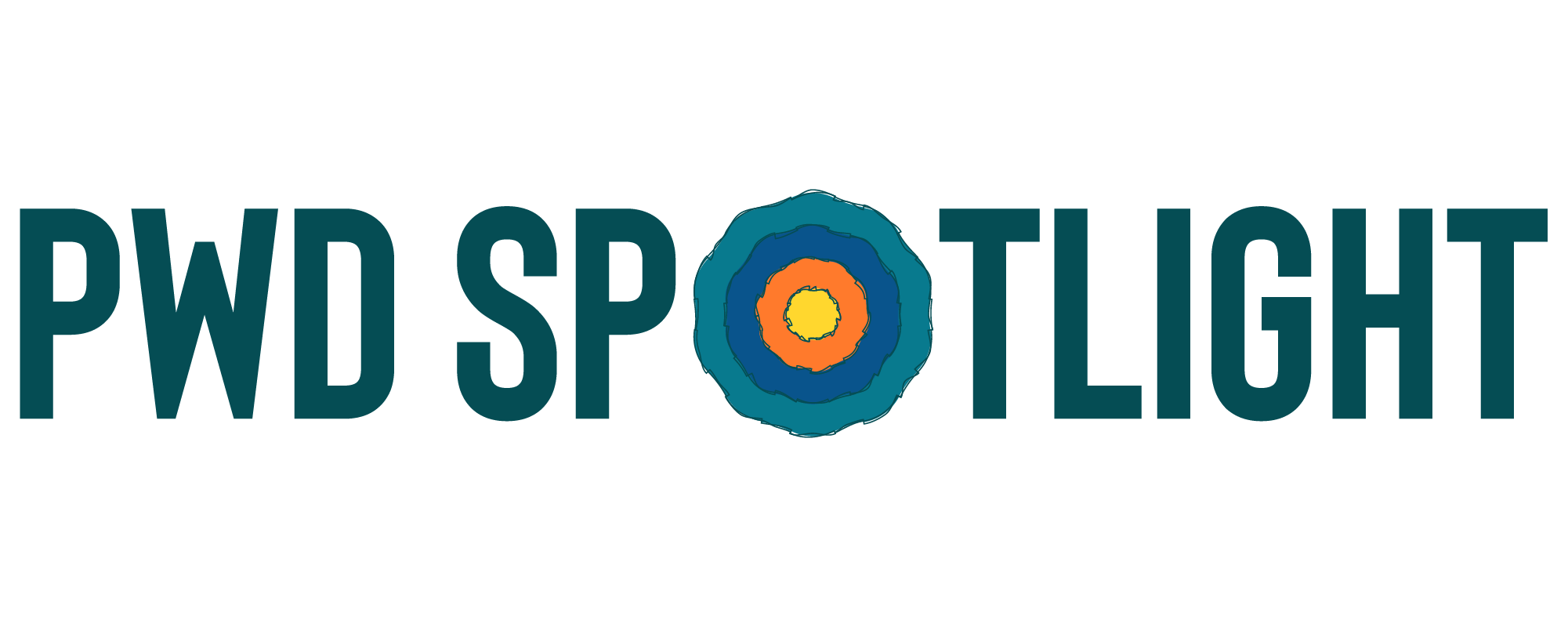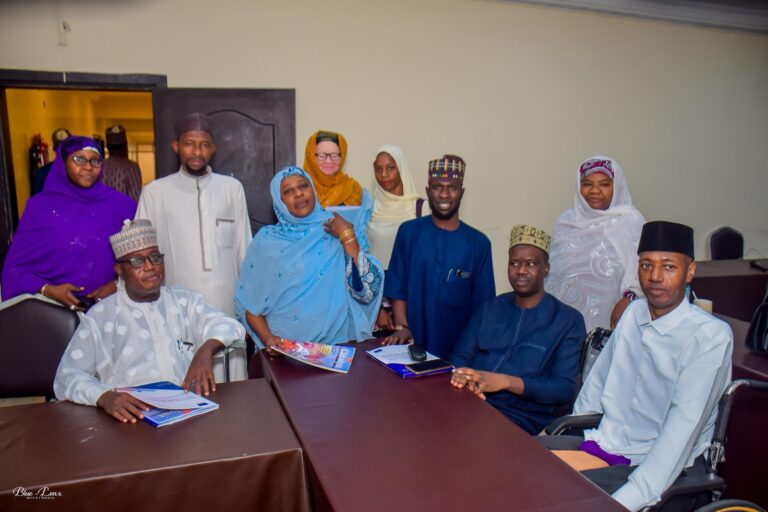By: Stephen Enoch
The Kano State Ministry of Women Affairs, Children, and Persons with Disabilities has convened a validation workshop aimed at strengthening accessibility for Persons with Disabilities (PWDs) across government structures and public services.
The engagement, supported by ROLAC II, marks a significant step toward promoting inclusivity and ensuring compliance with the Kano State Disability Rights Law (KSDRL) 2018.
The validation workshop is expected to pave the way for a comprehensive audit that will make Kano’s public spaces safer, more accessible, and inclusive for all citizens.
Speaking at the event, the Commissioner for Women Affairs, Children, and PWDs, Hon. Amina S. Abdullah, described the initiative as timely and central to the state government’s commitment to uplifting the status of PWDs.
“This important engagement, which is ultimately hoped to enhance accessibility of our dear brothers and sisters with disabilities to government structures as well as public services,” she said.
She noted that the state has not only established a dedicated Department for PWDs but also approved a series of activities to empower and support them, including statewide sensitisation on registration of PWDs and the commemoration of International Day for Spinal Cord Injury.
Hon. Amina urged participants, especially enumerators, to remain focused throughout the training to ensure the success of the exercise.
“Let us work together to change the narrative of PWDs in the state. Let’s put them at the centre to ensure their inclusivity in all opportunities,” she emphasised.
The Director of the PWD Department, Dr. Binta Bala, highlighted the objectives of the accessibility audit, stressing its role in identifying physical, architectural, and environmental barriers that limit PWDs’ access to public buildings, transportation, and facilities.
“As we strive to create a more inclusive society, it is essential that our physical environments are accessible to everyone. An accessibility audit is a crucial step in identifying barriers and developing strategies to improve accessibility,” she explained.
The audit will assess key provisions, including ramps or lifts for wheelchair users, handrails, wide doorways and corridors, accessible toilets, and safe pedestrian pathways.
According to Dr Binta, the exercise will also involve engaging directly with PWDs, disability rights organisations, and stakeholders to incorporate lived experiences into actionable recommendations.
The ultimate goal, she said, is to develop an inclusive action plan that addresses identified gaps and aligns with international best practices and the state’s legal framework.

